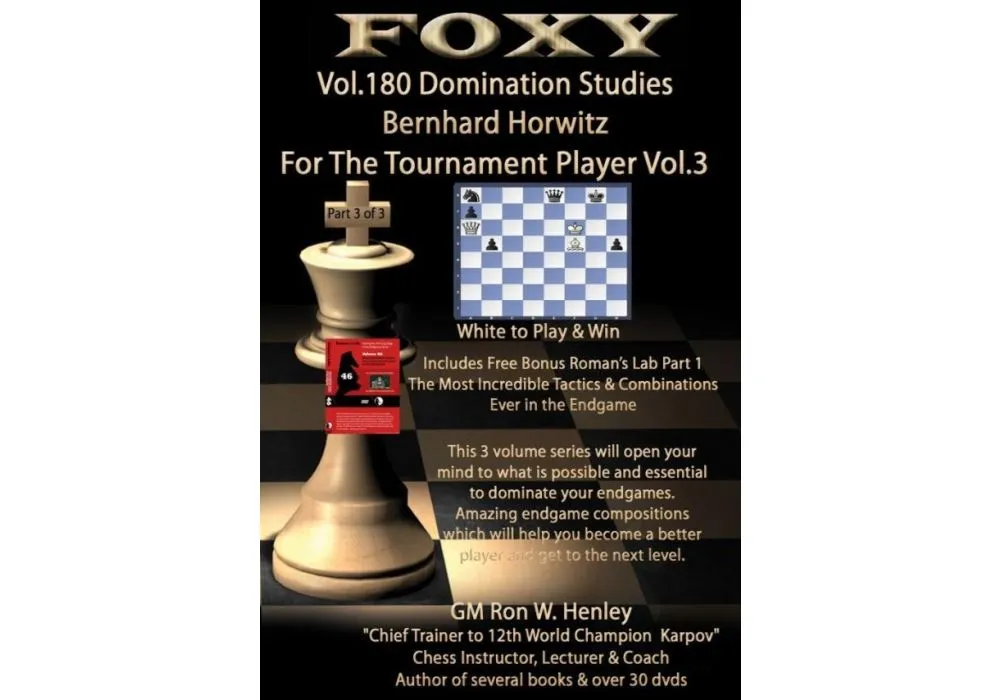 The Czech Open, held annually in Pardubice, CZE.
The Czech Open, held annually in Pardubice, CZE.
Playing in a few tournaments does not commit you to becoming a “serious” chess player. There is no requirement to study extra (or at all) if you don’t want to.
I recommend trying at least a couple of events to see if you like it. I tell kids that they should try at least one tournament — if they hate it, they never have to compete again. You can even drop out early if you really want to!
Do choose the tournaments you play in wisely, however! We’ll discuss how, below.
What are your ambitions?
Obviously, if you want a chess title like Expert or Master, you need to play in tournaments. Likewise if you want to be recognized as Champion of a particular event. Otherwise, there’s no need if you don’t want to.
But if you don’t play in official, rated tournaments, you’ll never know for sure how good (or not) you really are. Crossing the barrier from casual player to tournament competitor is a serious step the overwhelming majority of chess players on Earth will never take.
Small tournaments vs. Big tournaments
Some players live for huge tournaments like the World Open, U.S. Open, U.S. Amateur Team East or, for scholastic players, Nationals. I imagine it gives them a big adrenaline rush, and they like to socialize with other chess players.
Others prefer small club events perhaps because of friendly rivalries and familiar surroundings.
I guess I’m somewhere in the middle.
I am not as fond of smaller events because people who know you can observe your play and it can feel like they are judging you — even when they’re probably not! On the other hand, it’s easy to get overwhelmed in a huge playing hall with several hundred players.
Choose your time control
Note: I will only discuss standard (regular) time controls here. Rapid and blitz are separate categories.
If you want to play in American tournaments — those sanctioned by the United States Chess Federation (USCF). the games must be played with a minimum of 30 minutes (per player) for the contest, or slower. Most commonly, this is achieved with a minimum time control of 25 minutes plus a 5 second time delay.
Delay provides free seconds before your main thinking time begins to count down. Based on a 60-move game, a player would receive an extra five minutes of thinknig time, which is why “G/25 d5” counts as a 30 minute game.
There are also events that can go as long as 40 moves in 120 minutes, followed by 60 minutes to finish the game (if it goes past move 40). This is often written as “40/120, SD/60” or “40/2, SD/1.”
And everything in between! Experiment and play the time controls you like.
It’s very unlikely a new player would compete in a FIDE (international) competition but, allowing for a few technicalities, the minimum time control for such events is 90 minutes (per player) for the entire game with a 30 second increment starting from move 1.
Increment (or “bonus”) adds time to your clock after you have completed your move — it is possible, for example, to finish a game with more time than you started with.
Choose your section
If you’re rated, my advice is to stay in your section, or play up no more than one section. If you’re a 1400-rated player, it doesn’t make sense to play in the Open section “with the big dogs.” You’re not there yet. Play in Under 1600 or Under 1700 instead.
Similarly, if you’re unrated, play in the lowest section you can, or no more than one section higher than that.
Please note: if you have a rating from another country, you must disclose that to the tournament director. Don’t worry about any online ratings you may have; they’re meaningless.
Handling wins and losses
You won’t know how you’ll deal with this in games that count until you experience it. So study hard, and then get out there and play! If you do, you’ll already be ahead of a vast majority of the world’s chess population that will never step into the arena.
Questions? Comments? Leave them below!
